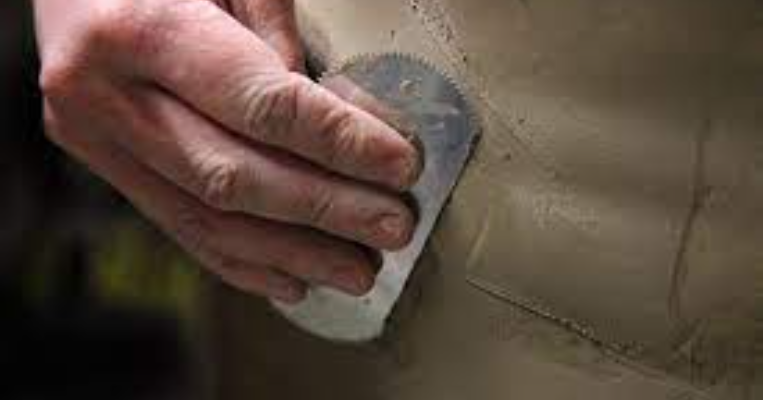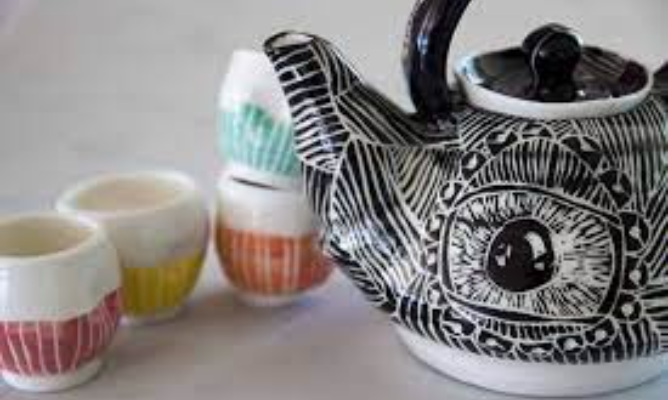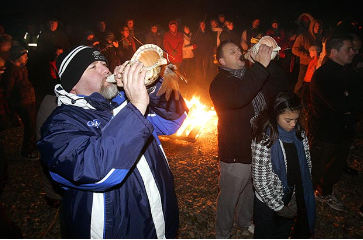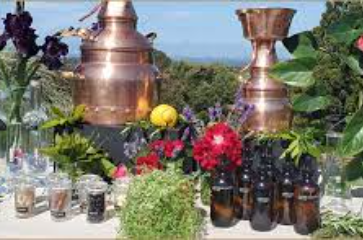Working from her home studio in Raglan, Sarah Bing ceramic sculptor celebrates colour and organic form.
The Raglan lifestyle has long been centered around nature, beauty and freedom. Coastal conditions can be harsh, winters long and life edged with hardship, but there is intense beauty in the moods of nature here. Her work is both inspired by, and juxtaposed against this. Sessions on Beginners Handbuilding are 3-4 hours long. They cover the basics of working with your hands and clay and you are able to make whatever you’d like to work on. Your pieces are then bisqued, glazed and returned to you in about a months time. At least one weeks notice of booking is required. There is also clay and cocktails, on the first Friday night of the month from 7-9pm. Please call/message beforehand to help confirm numbers. Bring your lover or your mates, or just yourself! Sign up for Sarah’s newsletters for more events and info. Check out her beautiful handmade tiles.




